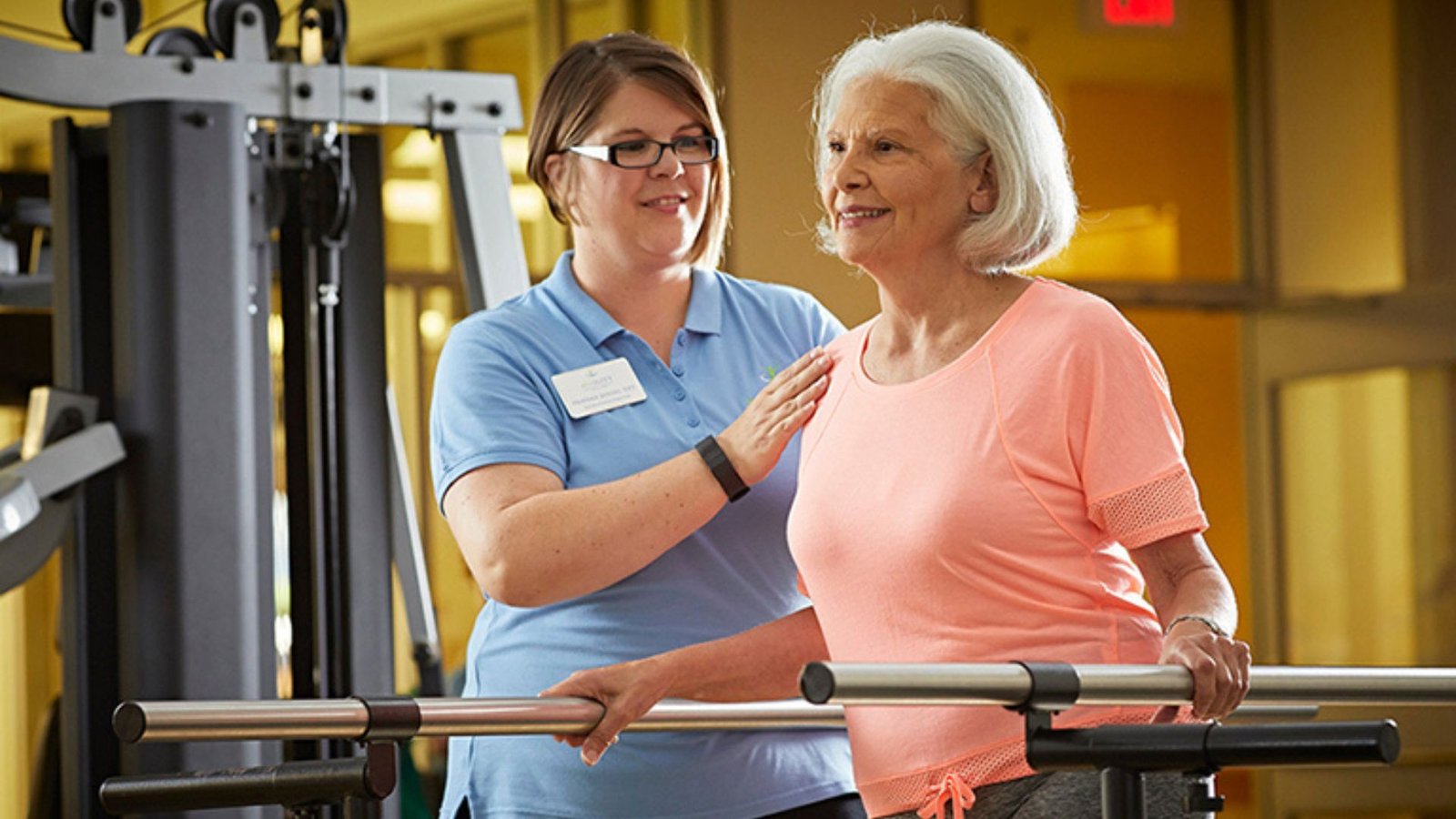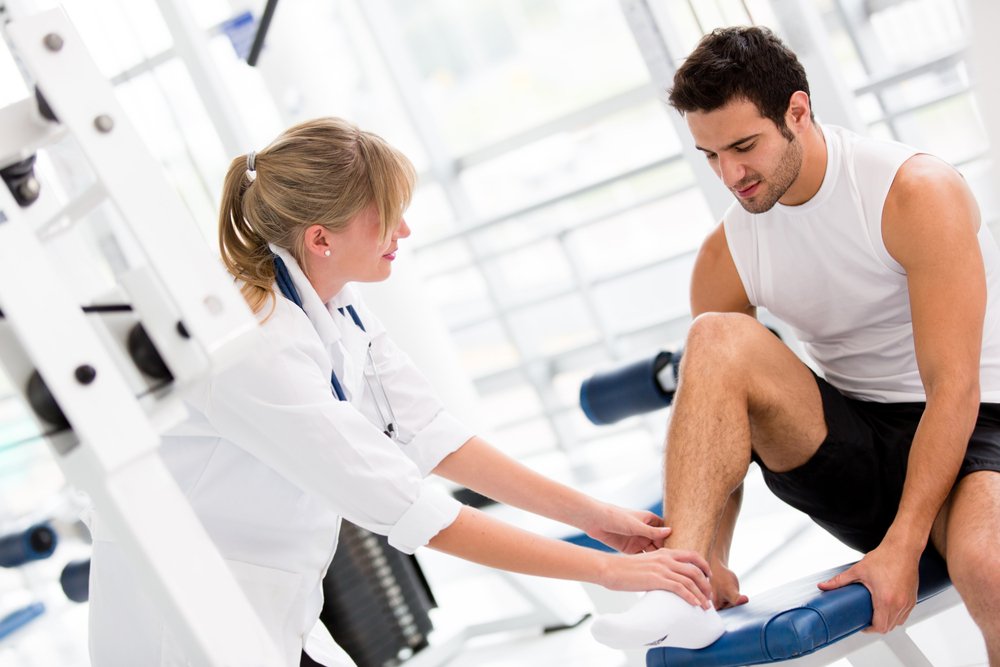Choosing the right rehabilitation center for recovery is an important decision that can significantly affect the success of your rehabilitation process. Whether you’re recovering from surgery, an injury, or an illness, the center you choose should provide the right services, environment, and care to meet your specific needs. In this article, we’ll guide you through the steps of how to choose the best rehabilitation center for recovery, ensuring that you make an informed and confident decision.

1. Consider the Type of Rehabilitation Services Offered
When selecting a rehabilitation center, it’s essential to consider the types of services they offer. Different recovery needs require different types of therapy. Some centers specialize in physical therapy, while others may focus on occupational or speech therapy. For example, if you’re recovering from a stroke or a serious injury, you may need a center that offers specialized neurological rehabilitation. On the other hand, if you need help with regaining daily living skills, look for a facility that offers comprehensive occupational therapy.
Key services to look for:
- Physical therapy
- Occupational therapy
- Speech therapy
- Pain management
- Psychological counseling or support
- Specialized care for specific conditions (e.g., stroke, spinal cord injuries)
Ensure the rehabilitation center you choose offers the specific services required for your recovery.
2. Evaluate the Experience and Expertise of Staff
The quality of care you’ll receive at a rehabilitation center largely depends on the experience and expertise of the staff. Look for centers that employ highly trained and certified therapists, doctors, and nurses who specialize in the type of rehabilitation you need. It’s also helpful to check the center’s reputation and reviews from previous patients.
You may want to inquire about:
- The qualifications of physical and occupational therapists
- The experience of medical staff in handling your specific condition
- The availability of specialist care providers (e.g., neurologists, psychologists)
Experienced staff members are key to providing effective rehabilitation and ensuring a smooth recovery.
3. Check the Facility and Equipment
The environment and equipment used in rehabilitation are important factors to consider. A well-maintained facility with modern equipment can enhance the recovery process. Look for a center that offers clean, safe, and comfortable surroundings where you feel supported and cared for. Additionally, ensure that the center has access to state-of-the-art rehabilitation equipment, such as assistive devices, therapy machines, and technology that can aid in your recovery.
Things to consider:
- Cleanliness and safety of the facility
- Availability of modern therapy equipment
- Accessibility features for patients with mobility issues (e.g., ramps, elevators)
A high-quality facility can make your rehabilitation experience more effective and comfortable.
4. Location and Accessibility
The location of the rehabilitation center is an important consideration, especially if you need long-term care. Ideally, the center should be located near your home or family, so they can visit and support you during your recovery. This is especially crucial for emotional well-being, as family support plays a big role in successful rehabilitation.
Consider:
- The proximity to your home or support network
- Availability of transportation options to and from the center
- Accessibility for visitors, if family or friends are involved in your recovery
Choosing a convenient location will make the recovery process easier and less stressful.
5. Look at the Center’s Success Rates and Reviews
Before choosing a rehabilitation center, it’s important to research its success rates and read reviews from previous patients. A reputable facility will often provide success stories or outcomes from their rehabilitation programs. You can also find reviews online from other patients who have gone through similar recovery journeys. These reviews can give you an idea of the center’s overall effectiveness and the level of satisfaction patients have experienced.
When looking at success rates and reviews, consider:
- The center’s reputation for treating your specific condition
- Patient testimonials about recovery outcomes
- Accreditation or awards for excellence in care
A center with a good track record and positive feedback is more likely to provide high-quality care.
6. Understand the Cost and Insurance Coverage
Rehabilitation can be expensive, and it’s important to choose a center that fits within your budget or works with your insurance. Some rehabilitation centers may accept specific insurance plans, while others may offer sliding-scale fees or financial assistance. Before committing, make sure to understand the cost of treatment and whether your insurance will cover all or part of the expenses.
Ask about:
- Insurance coverage and accepted plans
- Payment options or financing for out-of-pocket expenses
- Any hidden fees for specific services
Knowing the costs upfront ensures you can make a financially informed decision.
Explore Online Gaming Options
Looking for exciting online gaming experiences? Discover a wide selection of games and a user-friendly platform at jackpotjill. Enjoy diverse entertainment options from the comfort of your home.
7. Ask About the Center’s Approach to Care
Different rehabilitation centers have different approaches to care. Some may focus on individual therapy sessions, while others may offer group therapy or alternative treatments like aquatic therapy. It’s important to choose a center that aligns with your preferences and goals for recovery.
Things to ask about:
- The center’s treatment philosophy
- How personalized the care plans are
- The level of involvement for family members and caregivers
A center that aligns with your preferences will make the recovery process more comfortable and effective.
Conclusion
Choosing the right rehabilitation center for recovery is a key decision that will impact your healing journey. By considering factors like the type of services offered, the experience of the staff, the facility’s quality, and its location, you can ensure that you choose the best place for your needs. Be sure to also factor in costs, insurance coverage, and the center’s success rates. Ultimately, the right rehabilitation center will provide you with the support, expertise, and care you need to recover effectively and regain your quality of life.











